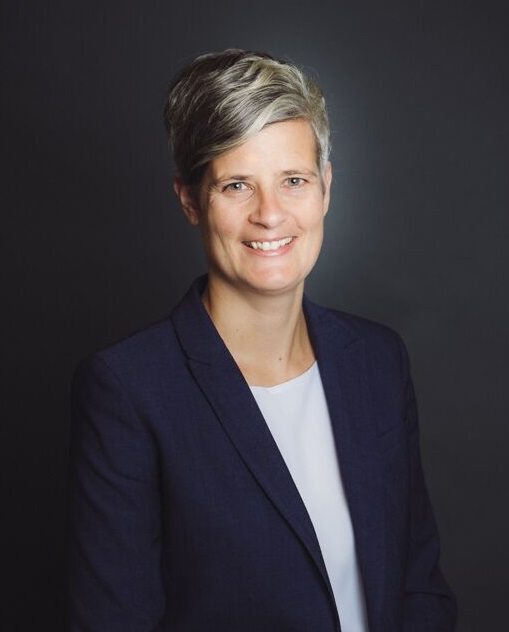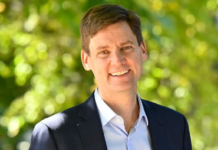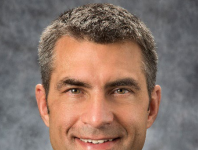MAYORS from 13 of B.C.’s biggest cities on Wednesday called on all provincial parties to commit to addressing mental health and substance use in their platforms. In a call-to-action document, the newly formed BC Urban Mayors’ Caucus also advocated for greater provincial investment in affordable housing and public transit, as well as a new funding framework for municipalities.
“The COVID-19 pandemic has created unique challenges for B.C.’s urban communities and exacerbated existing challenges related to mental health and substance use, homelessness and lack of affordable housing,” said Lisa Helps, Mayor of Victoria and Co-Chair of the BC Urban Mayors’ Caucus. “We are asking all parties to commit to working more closely with leaders from B.C.’s urban communities to address the issues we face today, while we plan for restored prosperity and growth as we emerge from the pandemic as a more resilient, and equitable society.”
Kennedy Stewart, Mayor of Vancouver, said: “Since the beginning of the pandemic, there has been an unprecedented escalation in the challenges facing our communities stemming from the mental health and substance use crises. We need the parties to commit to immediately increasing access to treatment and recovery options, including appropriate facilities for those with complex needs. We also need to increase access to safe supply and consider alternative approaches for responding to mental health and substance use calls, as part of the ongoing Police Act review.”
Colin Basran, Mayor of Kelowna, added: “There is not enough housing in our communities that is affordable for the people who live and work in them. This situation is also causing economic fallout for businesses who are struggling to recruit and retain workers. We need all parties to commit to accelerating investments in housing, simplifying the funding application process, balancing renters’ needs with those of landlords, and ensuring a regulatory and fiscal climate that prioritizes the type of housing that we actually need.”
Malcolm Brodie, Mayor of Richmond, noted: “Affordable, reliable and accessible public transit is critical to the economic, social and environmental future of our communities, but the pandemic has reduced ridership by 50 per cent and severely impacted the finances of TransLink, BC Transit and BC Ferries. We need the incoming provincial government to support the financial recovery of transit providers while redesigning the transit funding model. We must keep building transit-friendly communities that offer an affordable transportation mode to all residents, especially those without other options. To maintain competitiveness and avoid delay, we also need to complete planning studies and business case development for a return to post-pandemic transit expansion and the consequent capital investment.”
Henry Braun, Mayor of Abbotsford, said: “The COVID-19 pandemic has made it abundantly clear that the fiscal framework set up in 1867 – which sees local governments in Canada reliant primarily on property taxes – is wholly inadequate to meet the challenges and opportunities cities are facing in the 21st century. We need the next provincial government to work with municipalities to reform how we are financed and implement a broader range of funding tools that will give us the resources to address the increasingly complex problems we are facing.”
The BC Urban Mayors’ Caucus is an informal, non-partisan group of mayors from urban areas across British Columbia. Chaired by Helps and Basran, the group includes:
Abbotsford – Mayor Henry Braun
Burnaby – Mayor Mike Hurley
Coquitlam – Mayor Richard Stewart
Kamloops – Mayor Ken Christian
Kelowna – Mayor Colin Basran
Nanaimo – Mayor Leonard Krog
New Westminster – Mayor Jonathan Coté
Prince George – Mayor Lyn Hall
Richmond – Mayor Malcolm Brodie
Saanich – Mayor Fred Haynes
Surrey – Mayor Doug McCallum
Vancouver – Mayor Kennedy Stewart
Victoria – Mayor Lisa Helps
The initial group came together in response to the COVID-19 pandemic and discovered that they shared many challenges and opportunities. The group is learning from each other and acting as a unified voice on critical issues facing their communities.













